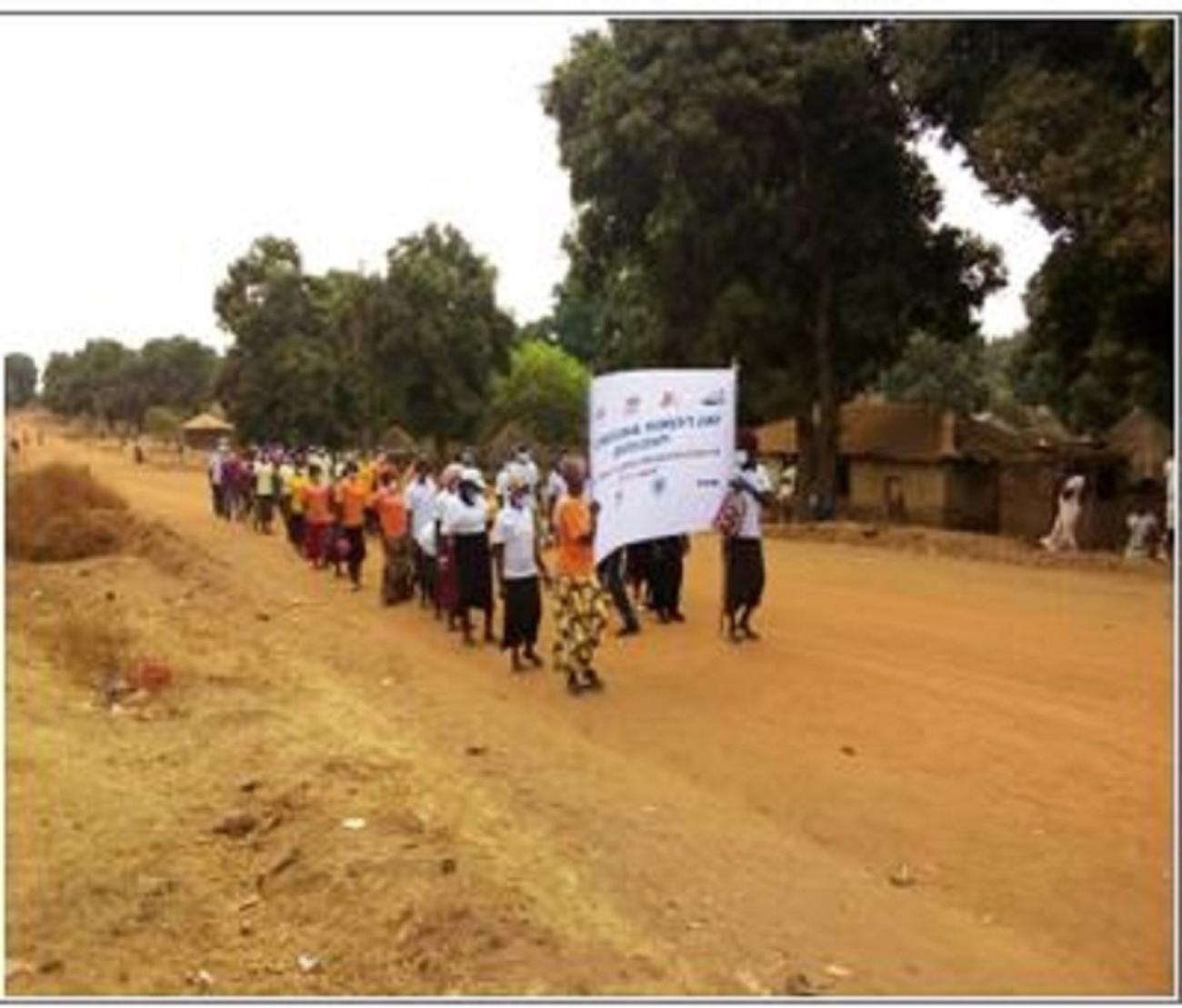Missing Piece; Missing Peace

Women are the key to peace, so why are they being excluded?
If you ask any given person what the missing piece is to long-term, sustainable peace in South Sudan, you will likely receive just as many answers as people you ask: democratic institution building, power sharing, long term and sustainable development, capacity building, addressing and resolving protracted humanitarian crises, infrastructure investment, and many more.
All these answers are right, because there is no quick-fix to building peace after decades of conflict and in the midst of an ongoing humanitarian crisis. But to be successful, what do all these efforts need to have in common?
The answer is very simple: women.
It is an undeniable fact that when women have an equal say in the decisions that affect their lives, and their human rights are taken seriously, societies are more likely to be peaceful and resilient to conflict and crises. Whole-of-society challenges, like the ones that are facing South Sudan, require whole-of-society solutions.
Women and girls make up 49.9% of the population in South Sudan, and yet their needs and their opinions tend to be ignored, and they continue to be systematically excluded. How can South Sudan ever move forward, if half of South Sudanese are being left behind?
March 8th marked International Women’s Day, with this year’s national theme being “Women Stand for Peace and Security: Challenge Conflict and Violence for Equality”, which went hand in hand with the global theme of “Women in leadership: Achieving an equal future in a COVID-19 accomplishments of women, reflect on how much work remains, and to make commitments to world”. All across South Sudan women and allies came together to celebrate the immense deepen and accelerate efforts to achieve gender equality.
In Juba, government representatives, UN agencies, the diplomatic community, and civil society came together for a virtual International Women’s Day celebration on March 8th. Together, they prioritized achieving the 35% affirmative action quota, and recognizing that since women have been on the frontline of the COVID-19 crisis, it is imperative that we achieve an equal future in a COVID-19 world.
These same priorities were echoed in communities across South Sudan for International Women’s Day, with celebrations being held in Maridi, Awerial, Bentiu, Malalkal, and Panyijiar Counties. At one celebration, Nyakume Machar Diew, a woman leader, asked us to “Give women a chance to be leaders too and not over burden them with domestic responsibilities so they can have time to attend community meetings that involve decision making. Men should also allow women to speak in front of them as it is usually not allowed but things are changing”.
All across South Sudan, the message for International Women’s Day was overwhelmingly clear: without women there is no peace.
The theme of this year’s International Women’s Day implores us to challenge conflict and violence for equality. All around the world, women face everyday, insidious gendered violence that continues to prevent their full participation and equality. To remove these barriers for South Sudanese women, we must challenge conflict and violence at every level: national, community, and individual. It is only through doing so that we can build peace.
International Women’s Day is just one day, but this work needs to happen year-round. The UN in South Sudan is committed to standing alongside the women of South Sudan, and to put their priorities and experiences at the centre of our work. Anything less, and women will continue to remain the missing piece to peace.








